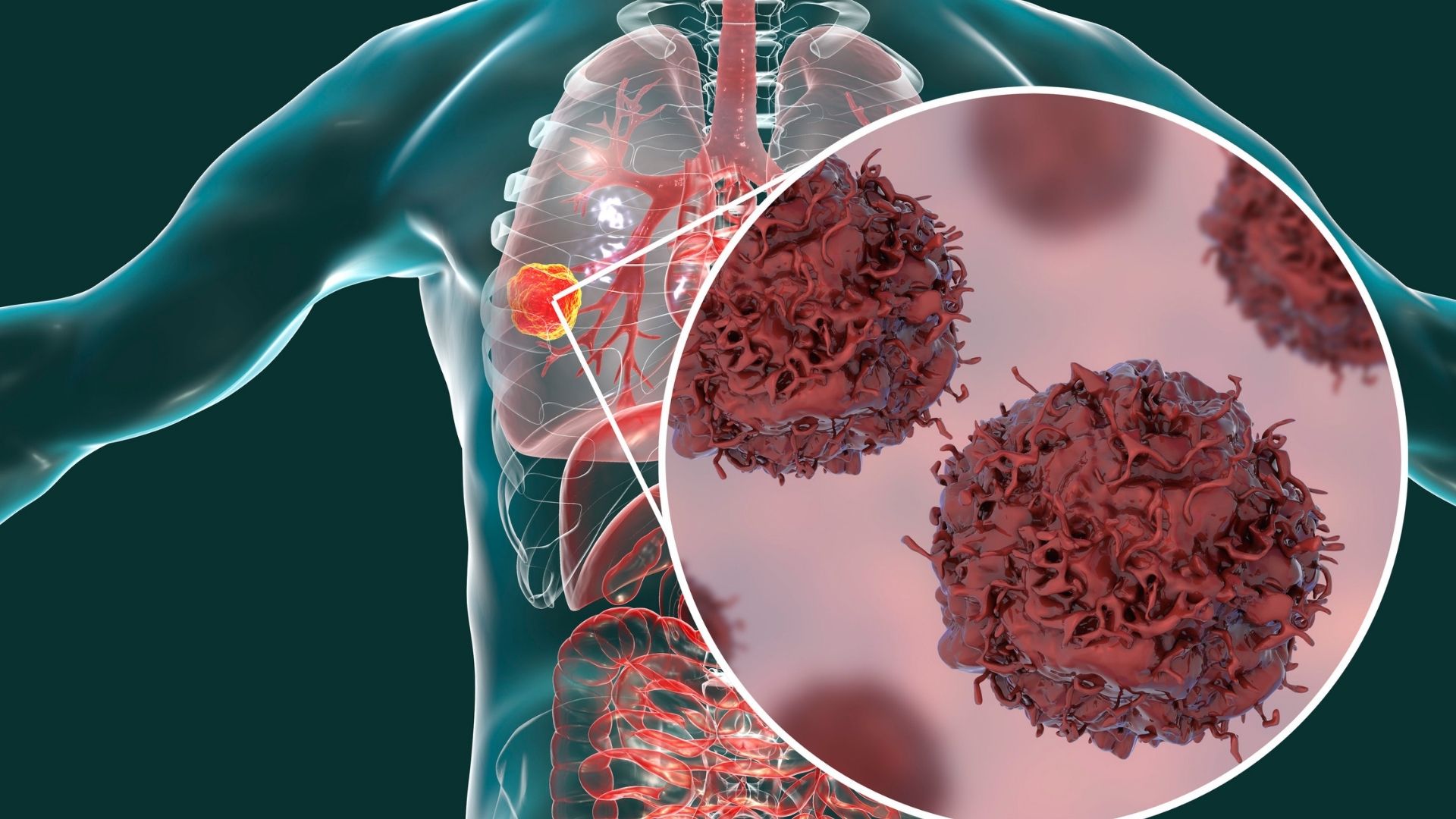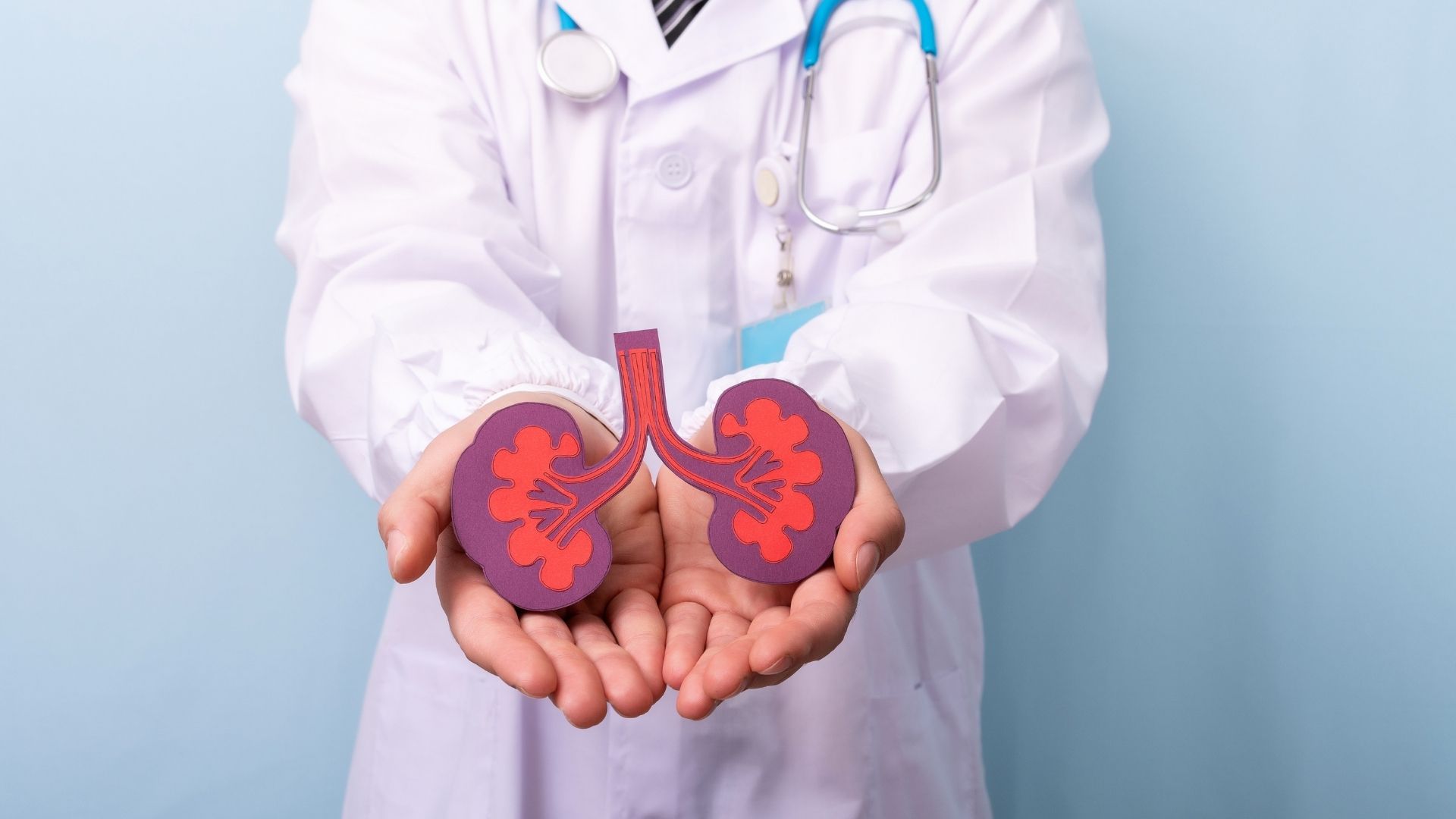Lung cancer is a type of cancer caused by abnormal and uncontrolled proliferation of cells originating from normal lung tissue. These cells grow in an unnecessary and uncontrolled way and form a tumor inside the lung. Initially, this tumor grows locally, but in later stages it can spread to surrounding tissues or other organs in the body. Various factors such as smoking, passive exposure to cigarette smoke, genetic predisposition, aging, exposure to certain chemicals (e.g. asbestos), exposure to radiation and air pollution can cause lung cancer.
Symptoms of lung cancer can be:
Cough: A persistent, prolonged, increasing cough with bloody sputum may be a symptom of lung cancer.
Chest Pain: Chest pain, especially if it increases when breathing deeply, coughing or laughing, can be a sign of lung cancer.
Shortness of Breath: Breathing problems such as difficulty breathing and wheezing are among the symptoms of lung cancer.
Loss of Appetite and Weight Loss: Loss of appetite and weight loss may occur as the cancer progresses.
Hoarseness and Difficulty Swallowing: Hoarseness or difficulty swallowing may occur when the tumor presses on nearby nerves or organs.
Fatigue: Constant tiredness, weakness and fatigue can be caused by the general effects of cancer.
Clubbing of the Fingers: Swelling of the fingertips, called clubbing, can be a symptom of lung cancer.
Body Pain: Back, shoulder, arm or leg pain can be caused by the spread of cancer.
Recurrent Infections: Recurrent respiratory infections can be a sign of lung cancer.
Eyelid drooping and lack of perspiration: Eyelid drooping is called Horner’s syndrome and can be a sign of lung cancer.
Lung cancer is diagnosed by various methods. These methods include radiological imaging (chest X-ray, computed tomography, PET/CT), bronchoscopy, biopsy, and evaluation of lymph nodes. After diagnosis, the stage of the cancer is determined and a treatment plan is developed. Treatment options may include surgery, chemotherapy, radiotherapy, targeted therapies (smart drugs) and immunotherapy. The treatment plan is individualized according to the type and stage of cancer and the patient’s general health.
The most effective step to prevent lung cancer is not smoking or quitting smoking. In addition, measures such as avoiding air pollution caused by environmental factors, not being exposed to radiation, and staying away from chemical substances can be taken. Early diagnosis and regular check-ups can also provide protection against lung cancer.



